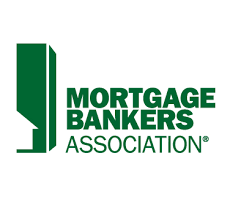If you’re obtaining a loan and putting less than 20% down, you’ll likely be paying private mortgage insurance (PMI). This pesky fee can range considerably in price, but it typically ranges between 0.3 and 1.5 percent of the original loan amount per year, according to Bankrate.com.
While this insurance is paid by the consumer (that would be you, as the homebuyer), it actually serves to protect the lender. In other words, this insurance will reimburse the lender if you default on your home loan.
PMI is most commonly paid for in a monthly premium, and simply added to your monthly mortgage payment. However, some lenders offer alternative ways to pay, including upfront premiums. Be sure to ask your lender about your available options.
Here’s the good news: If you obtained a conventional loan, you can request cancellation of your PMI payment once your loan-to-value ratio drops to 80 percent. (And, in case you forget to request this, your lender is required to automatically cancel your PMI once your loan-to-value ratio drops to 78 percent.)
Unfortunately, FHA-insured loans do not allow homeowners to cancel their mortgage insurance premium. Instead, many of these homeowners choose to refinance after gaining more equity in their home.
PMI payments may be tax-deductible, too! Be sure to consult your lender and accountant for details.


